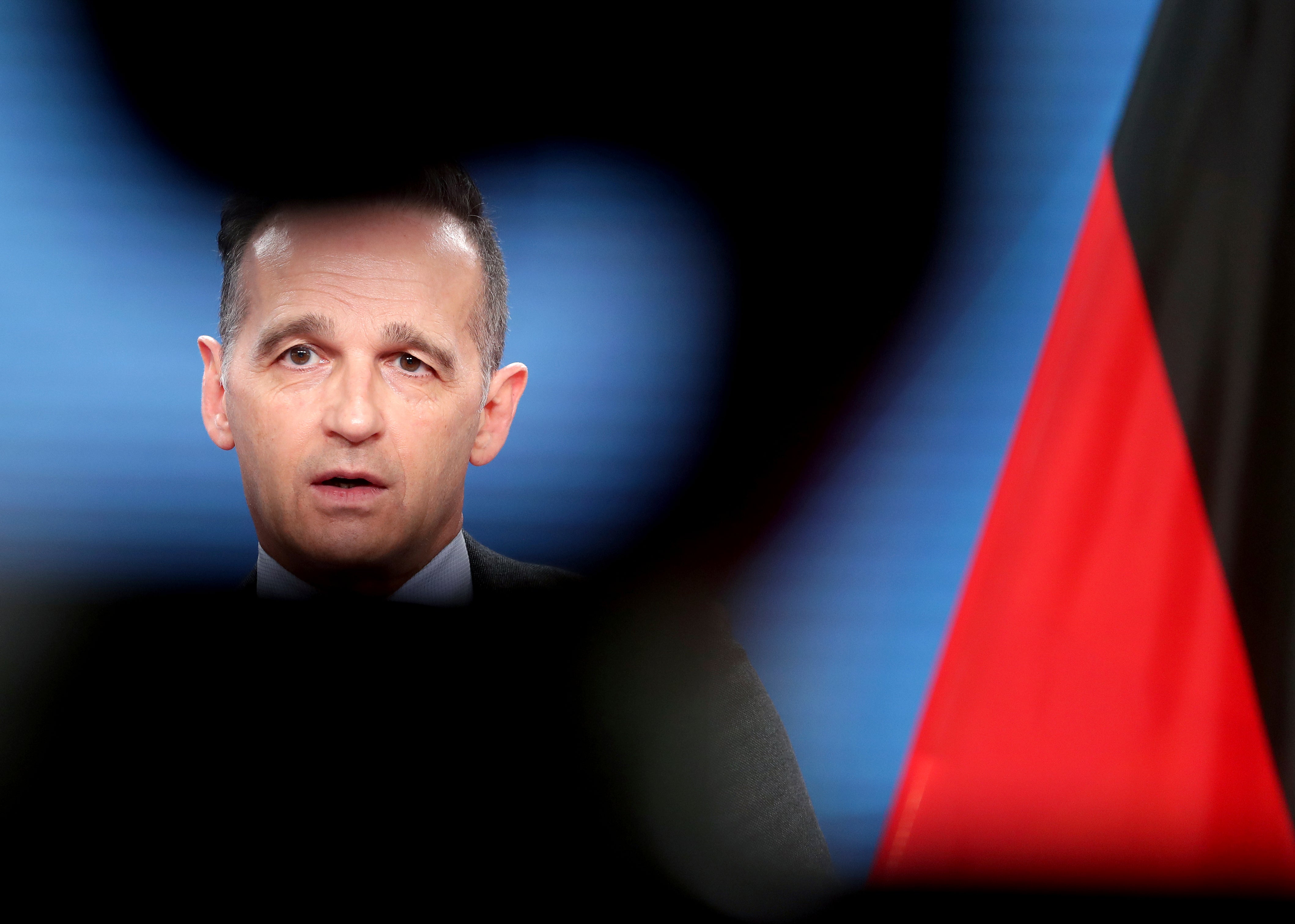Germany urges Iran to accept diplomacy in nuclear dispute
Germany’s foreign minister has urged Iran to accept diplomatic overtures coming from the West to preserve the 2015 nuclear accord

Germany s foreign minister on Wednesday urged Iran to accept diplomatic overtures coming from the West in order to preserve the 2015 nuclear accord.
Heiko Maas accused Tehran of further undermining the transparency it is required to show under the 2015 Joint Comprehensive Plan of Action, or JCPOA, after Iran began restricting international inspections of its nuclear facilities Tuesday.
Meanwhile, the International Atomic Energy Agency reported that Iran had added 17.6 kilograms (38.8 pounds) of uranium enriched up to 20% to its stockpile as of Feb. 16 — far past the 3.67% purity allowed under the JCPOA.
"In the end, Iran needs to understand that what’s important is to de-escalate and accept the offer of diplomacy that’s on the table, including from the United States,” Maas said.
Iran’s violations of the JCPOA pose a significant problem for U.S. President Joe Biden, who is seeking to reverse the Trump administration’s decision to pull the U.S. unilaterally out of the deal three years ago, triggering the re-imposition of crippling economic sanctions on Iran.
Iran this week effectively set a deadline to lift those sanctions within three months, after which it said it would erase surveillance footage of its nuclear facilities
Maas said the transparency required of Iran under the JCPOA wouldn't be fulfilled during that period.
"But we still want to use these three months, together with other partners in the nuclear agreement, to discuss step by step how the U.S. can return to this accord,” Maas said. “And in particular (the discussion) will be about the sequence of measures. That is, who needs to take which step so that a general agreement can be achieved at the end of which the U.S. are part of this agreement again.”
Israel's Prime Minister Benjamin Netanyahu made clear late Tuesday that his country doesn't have confidence in the accord with Tehran.
“We have already seen the quality of agreements with extremist regimes such as yours, in the past century and in this one, with the government of North Korea,” he said. "With or without agreements – we will do everything so that you will not arm yourselves with nuclear weapons.”
Bookmark popover
Removed from bookmarks